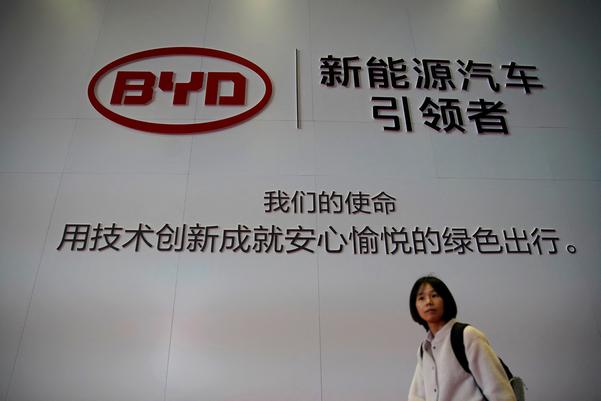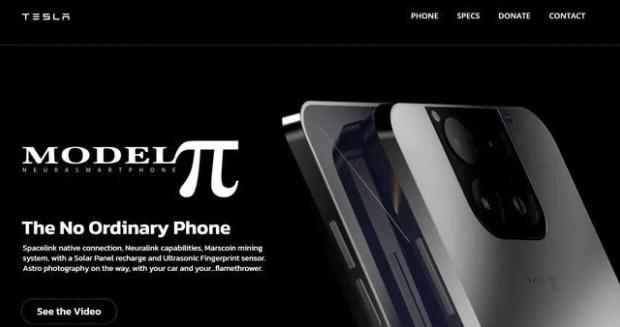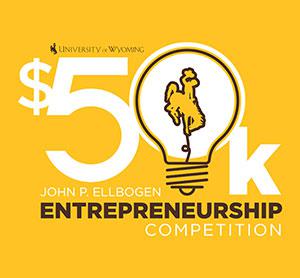Shell Plc announced strategic cooperation with BYD on Thursday to help accelerate China's energy transition and improve charging experience of BYD customers who use battery-powered electric vehicles and plug-in hybrids in the fast-expanding new energy vehicle sector.
The partnership will start in China and Europe before extending to other regions, Shell said.
Market observers said the Shell-BYD tie-up confirms China's status as a leading center of EV production and sales, which is attracting more international players to its rapidly growing EV charging sector.
Shell and BYD said they intend to form a joint venture to develop EV charging networks in China. They have charted a plan to operate first a network of more than 10,000 charging points in Shenzhen, Guangdong province, in the near future. The network will be further expanded to more locations nationwide, Shell said.
Shell and BYD will collaborate on global research and development in areas like battery performance and advanced charging. Shell will also offer BYD's private and commercial customers membership access to 275,000 charging points through Shell roaming network.
Shell and BYD will also jointly develop depot charging services for BYD customers in Europe.
According to the Shell-BYD agreement, both companies will seek to provide integrated home energy solutions such as dynamic tariff scheduling, solar integration, home batteries, vehicle-to-grid charging in different regions worldwide.
Both parties will explore opportunities to build Shell-BYD EV hubs in key European markets, providing customers with the experience of BYD premium designs and advanced new energy vehicle technologies, as well as seamless charging and digital services jointly developed by both parties for greater user experience.

China boasts sales of more than 3.5 million electric models and plug-in hybrids in 2021, up about 160 percent from 2020. "New infrastructure" like EV charging networks will be much needed, Shell said.
"We are glad to collaborate with BYD to explore opportunities in expanding EV charging network in China and continuously improve charging experience for EV customers," said Jason Wong, executive chairman of Shell in China.
"By working with more partners collectively, we will be able to build an ecosystem to accelerate the energy transition and make contributions to China's ambition to achieve carbon neutrality by 2060."
Shell operates some 1,900 service stations in China. More than 2,300 public EV charging points are installed at its stations and dedicated EV Mobility Hubs.
Global oil and gas giants have been saying they are keen to invest in China's EV industry. For instance, TotalEnergies brought its electric charging services into China with the launch of its first stand-alone EV charging station in Wuhan, Hubei province, in 2020.
In 2021, TotalEnergies and China Three Gorges Corp established a JV to develop EV high power charging infrastructure and services within Hubei province, through the installation and operation of more than 11,000 high-power charge points by 2025.
Domestic oil giants, including China National Petroleum Corp and China Petroleum and Chemical Corp, have also been finalizing plans to tap into the domestic EV charging station sector.
With foreign players' market shares expected to rise in the coming years, not only automakers but also energy giants are all actively rolling out plans to grab a slice of China's EV pie, analysts said.
With the number of new energy vehicles increasing, the construction of charging stations and piles has become necessary, said Liu Yongdong, deputy secretary of the China Electricity Council.
Traditional energy companies' entry into the NEV sector is natural as end use of energy relies more on electricity generated from new energy sources rather than oil, Liu said.
As the auto industry is undergoing significant centurial changes with the development of NEVs being an irresistible trend, BYD will ramp up efforts to seize more opportunities in the sector, and provide consumers with high-quality services in charging facilities and NEV consumption experience, said Wang Chuanfu, chairman BYD.




